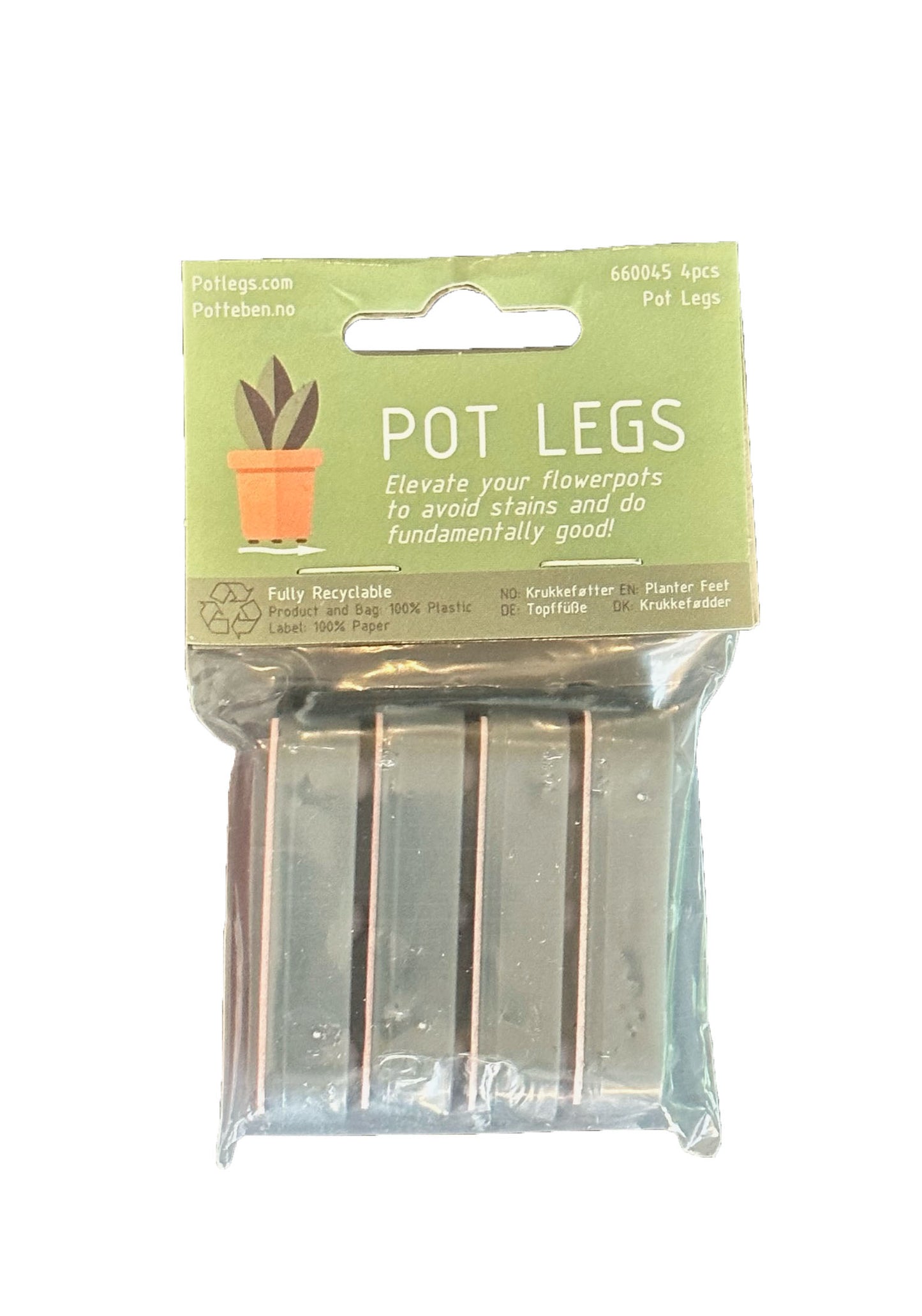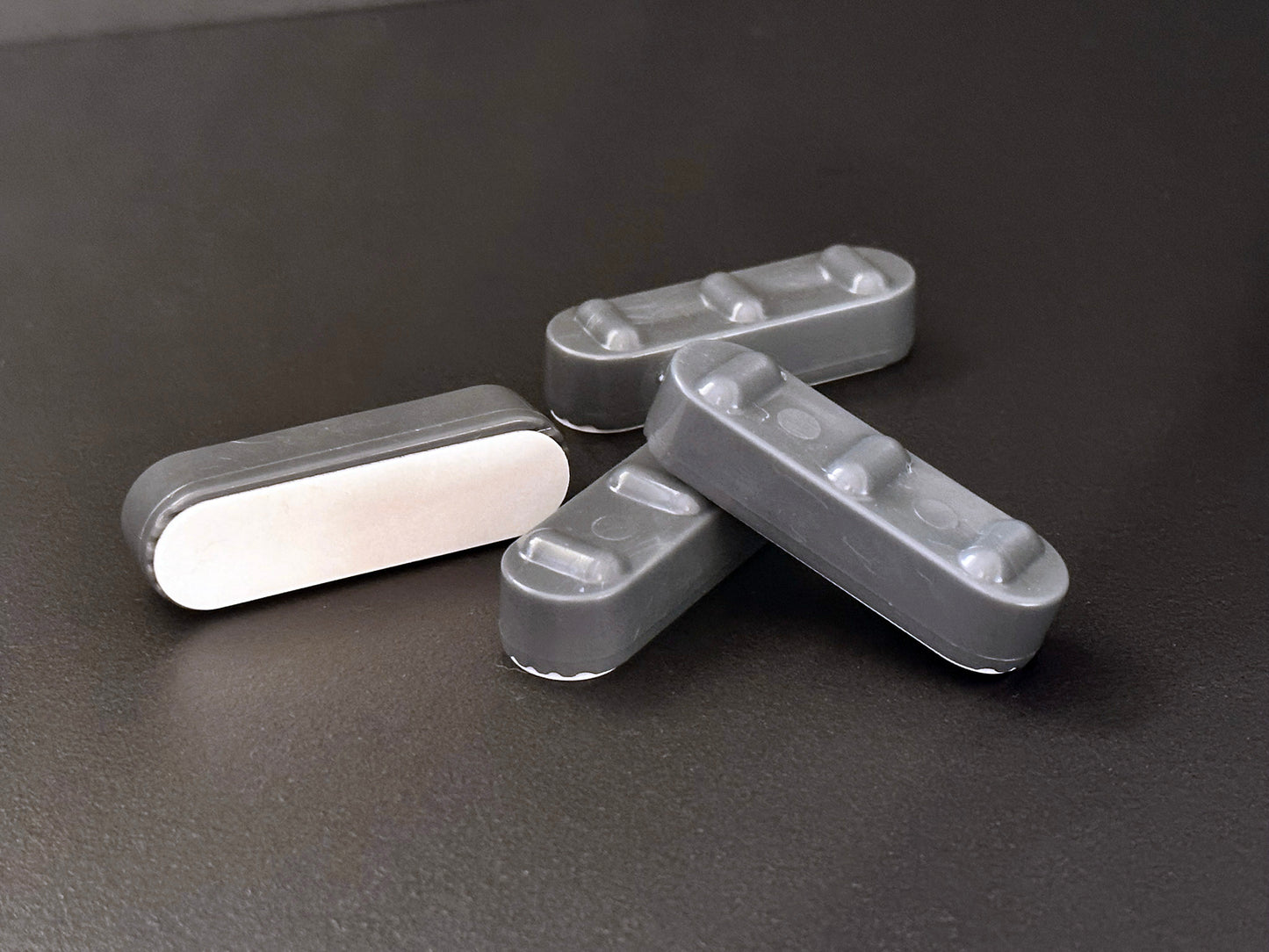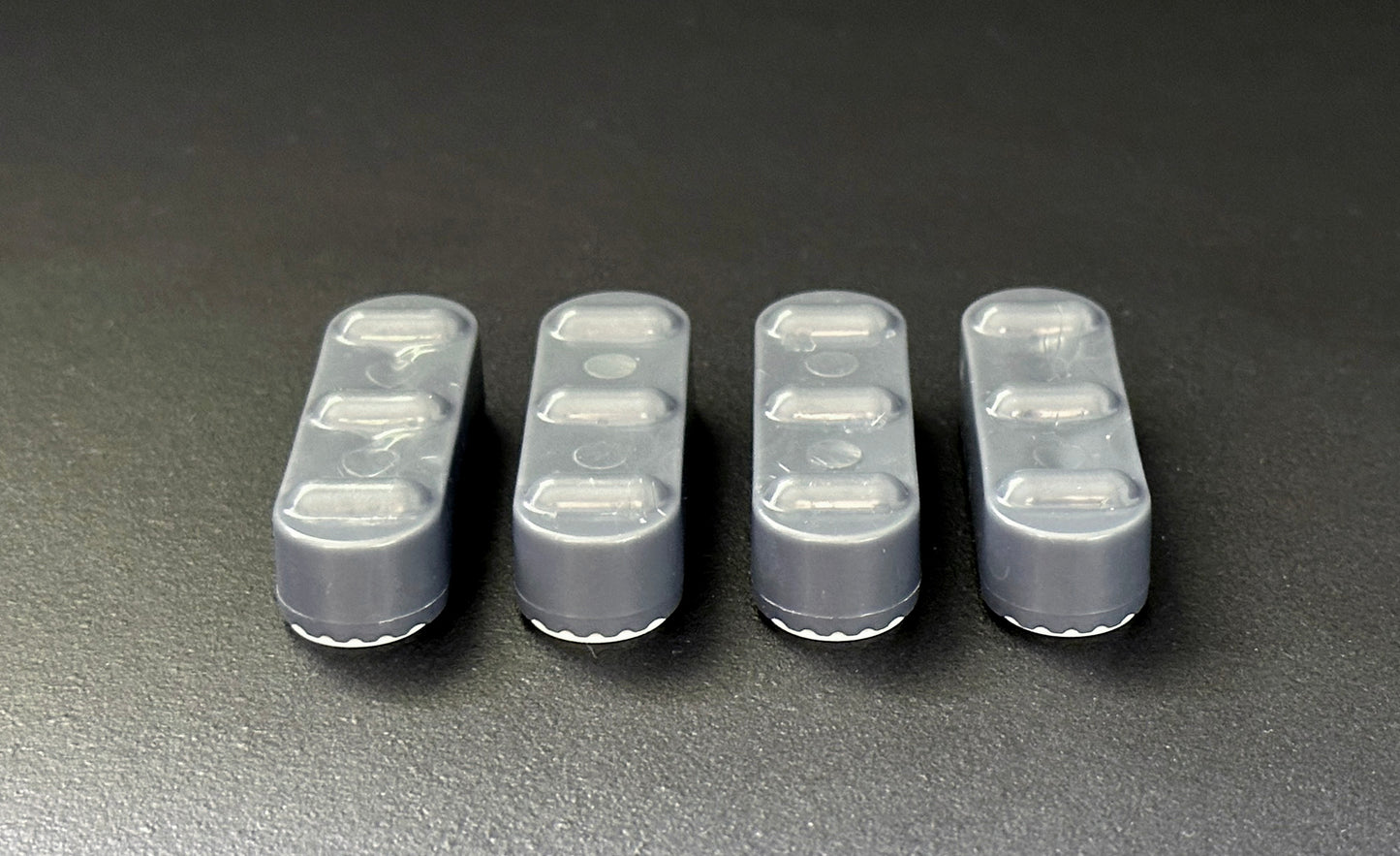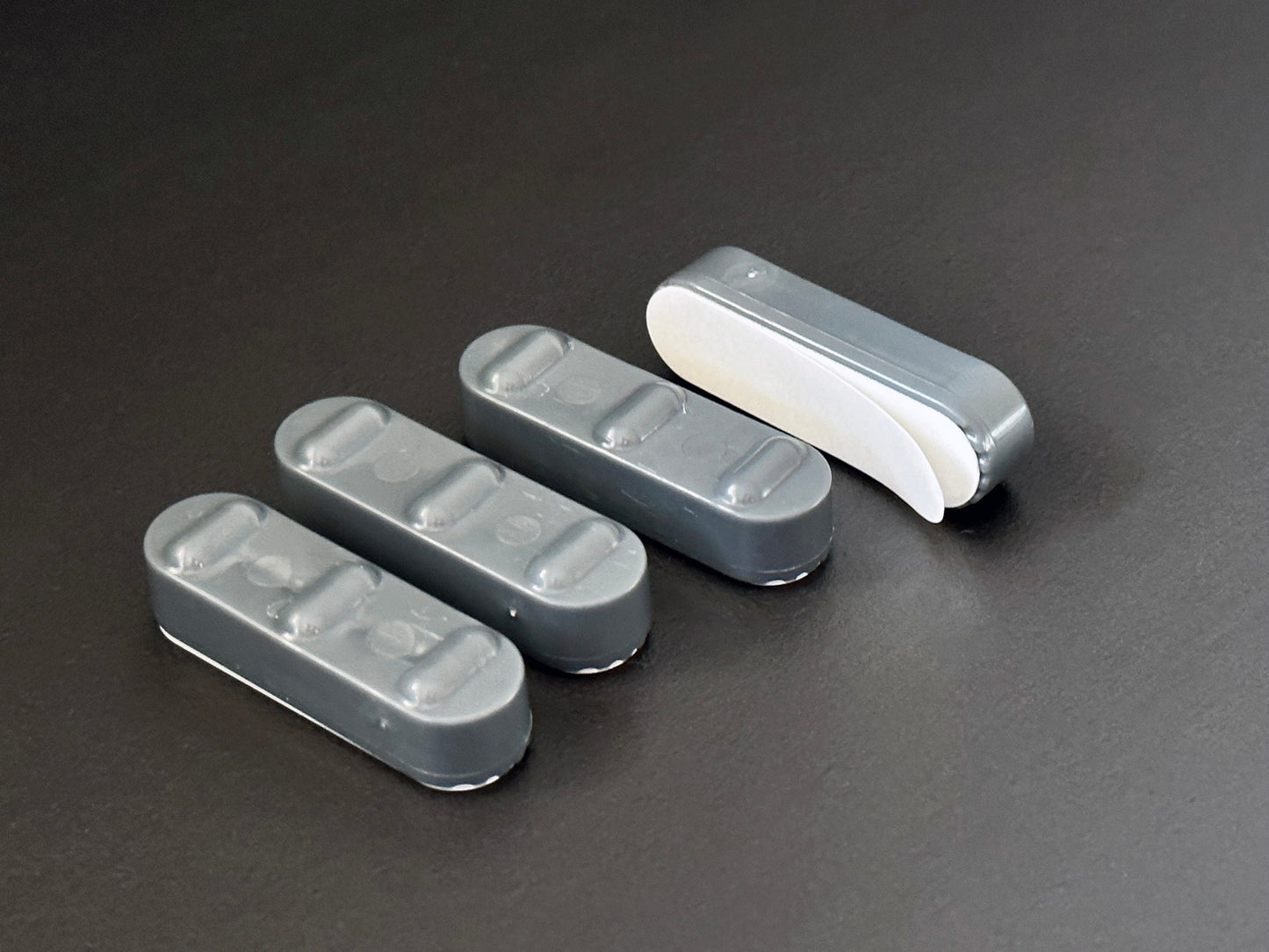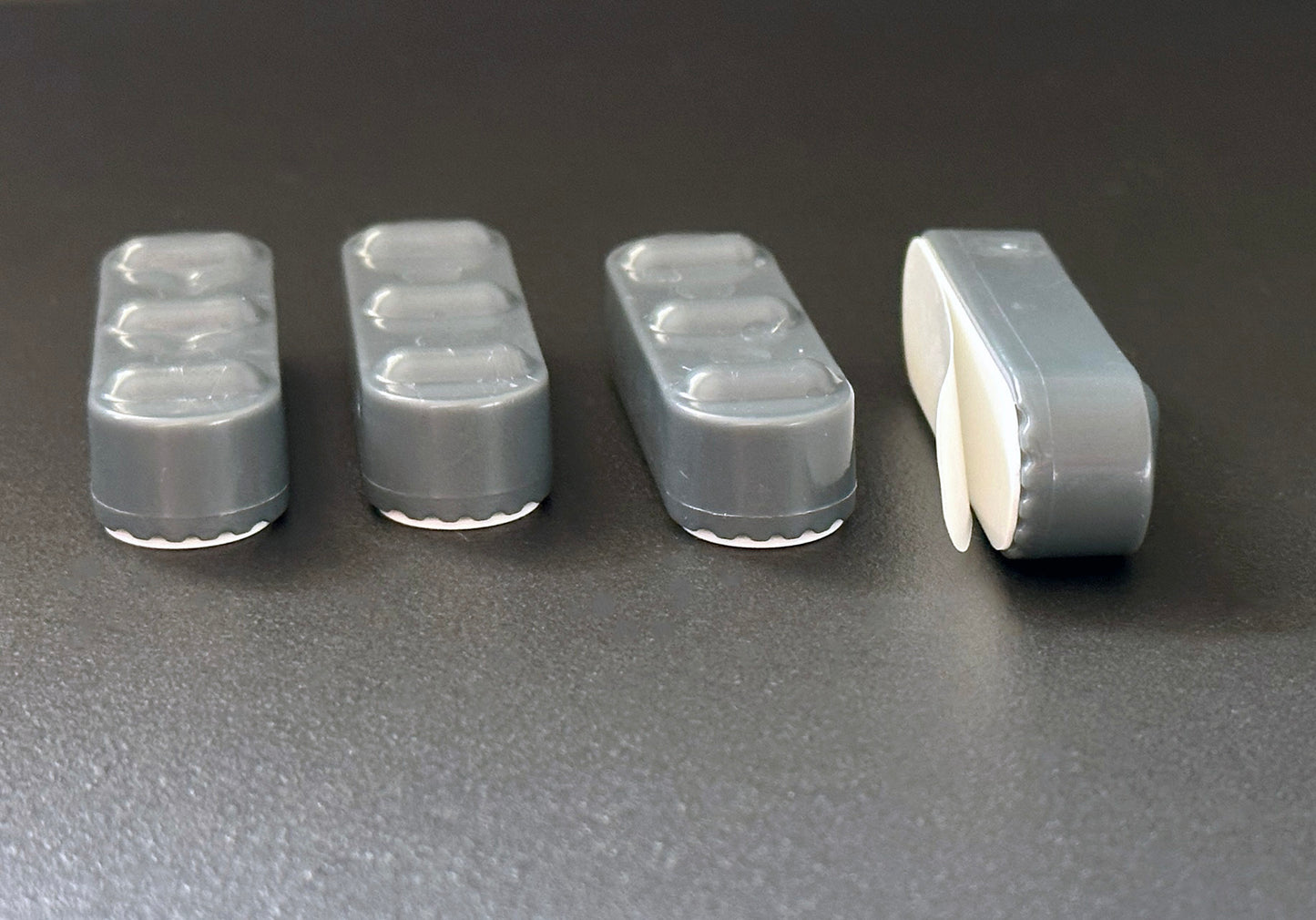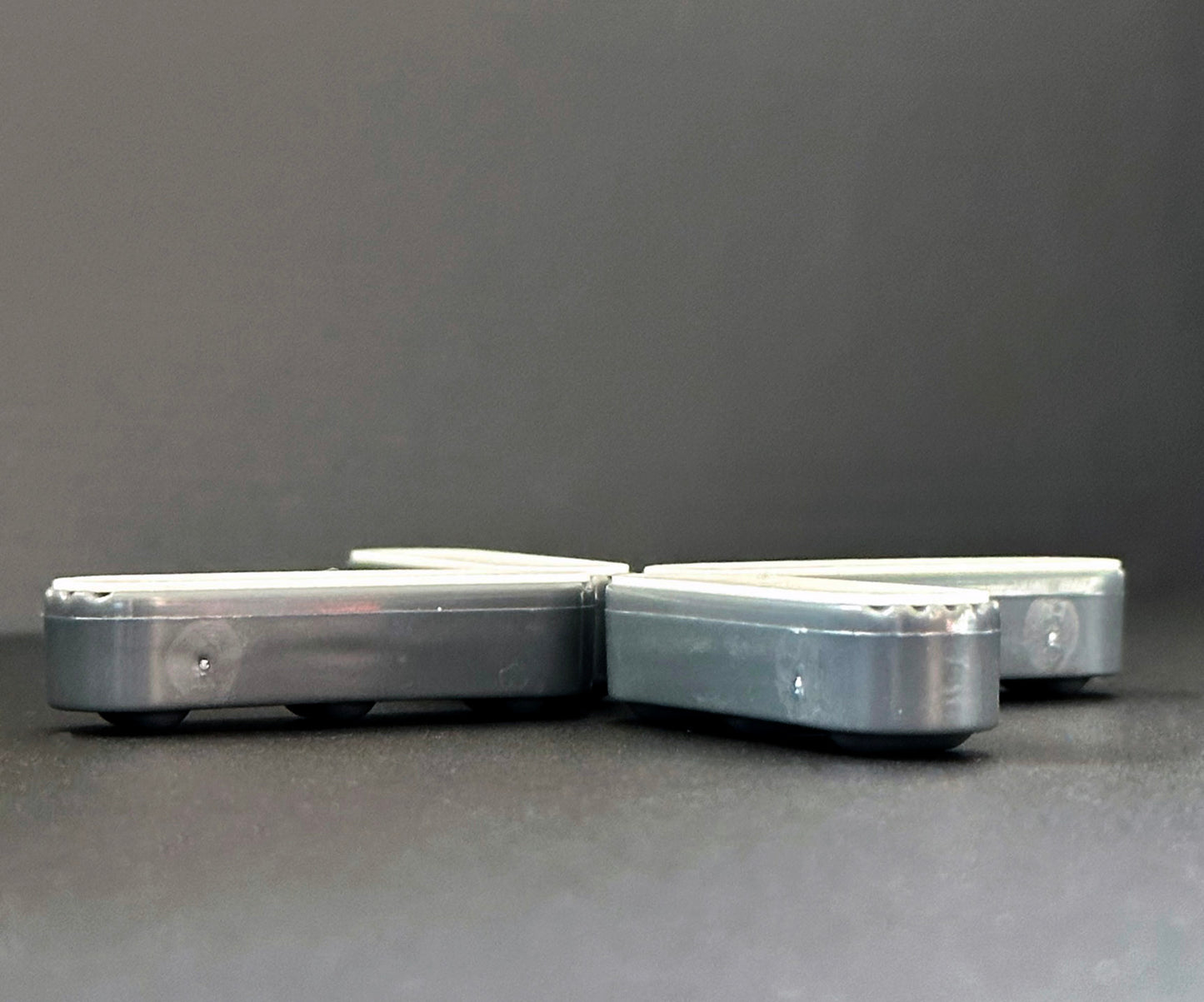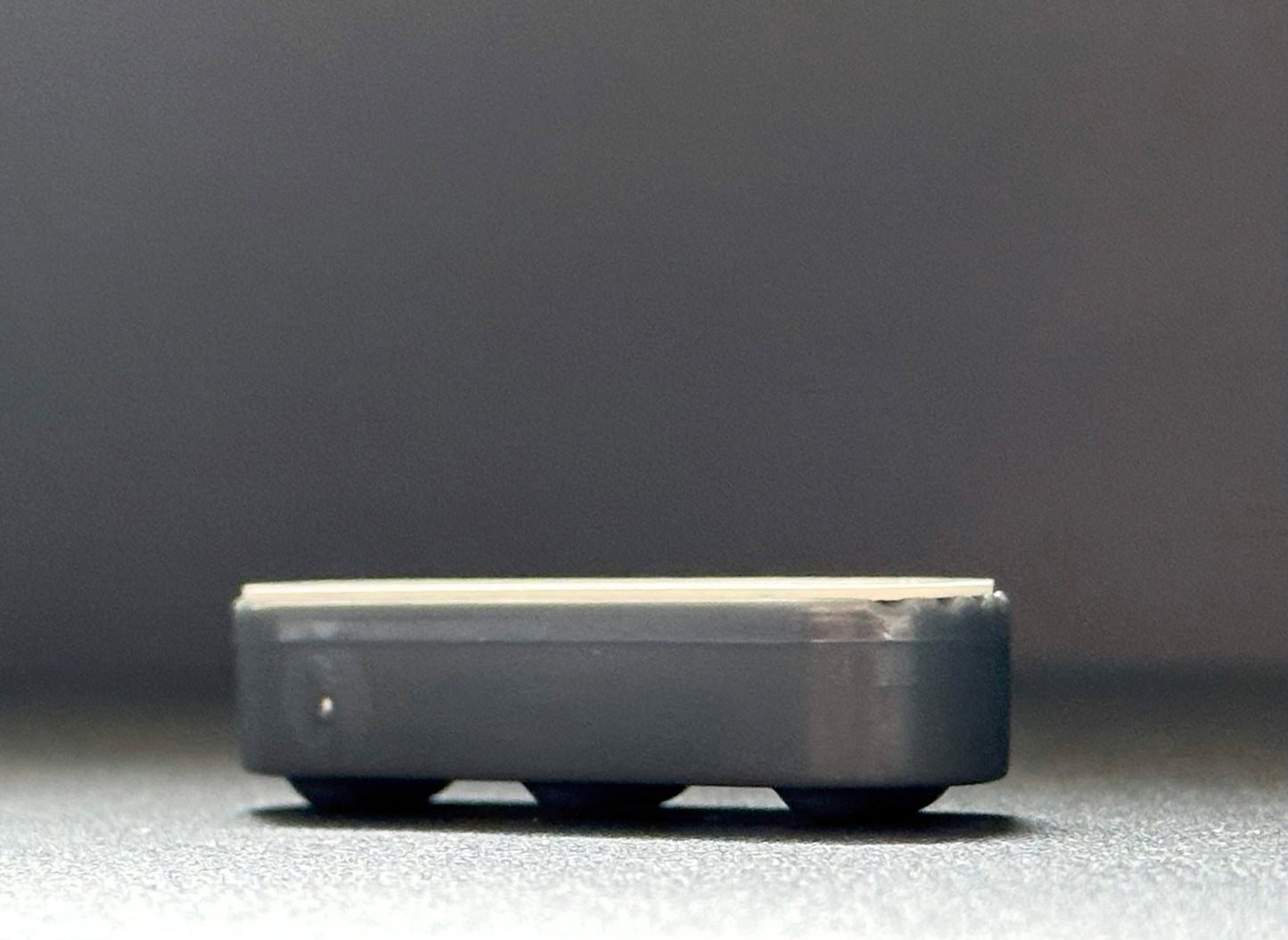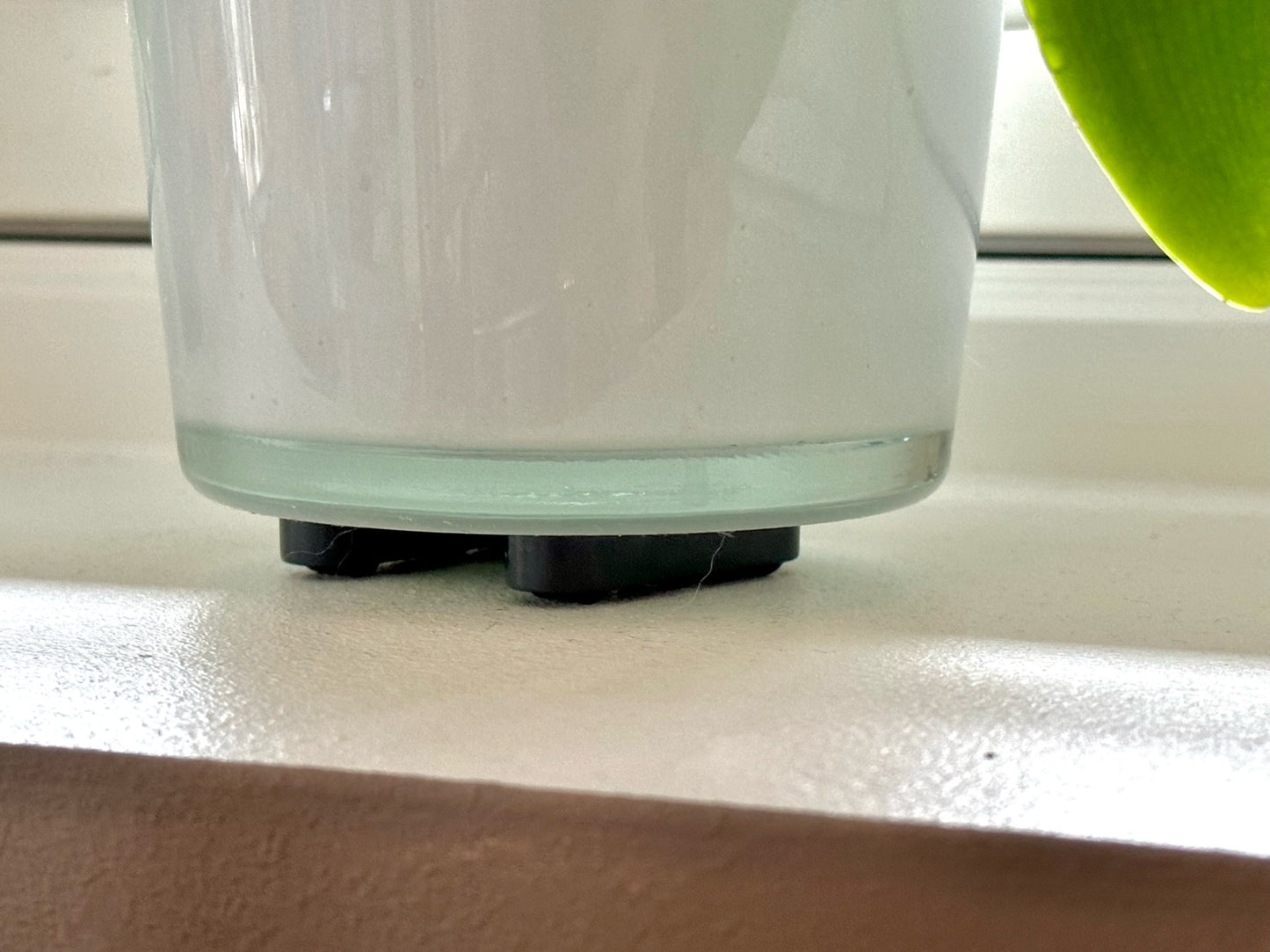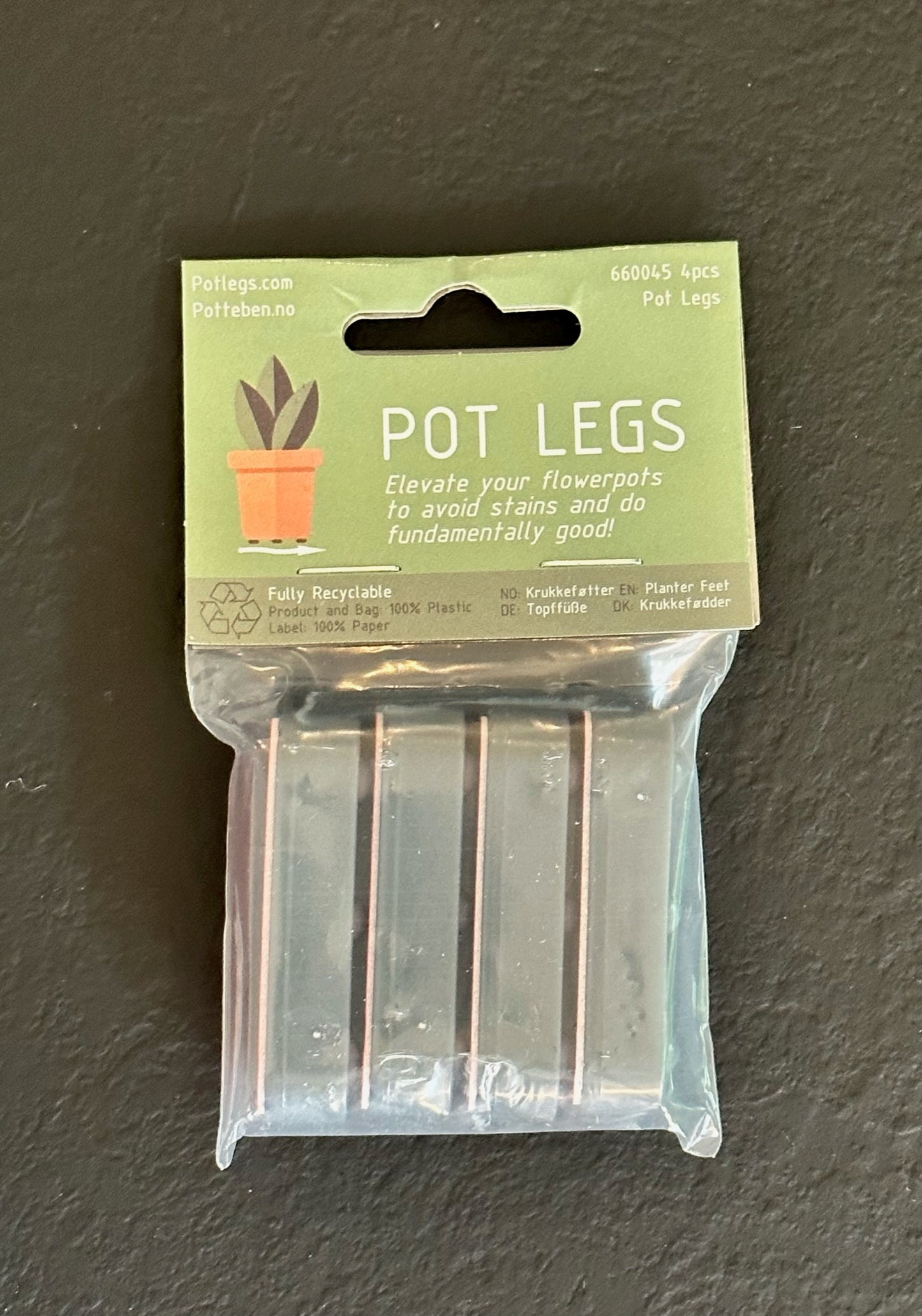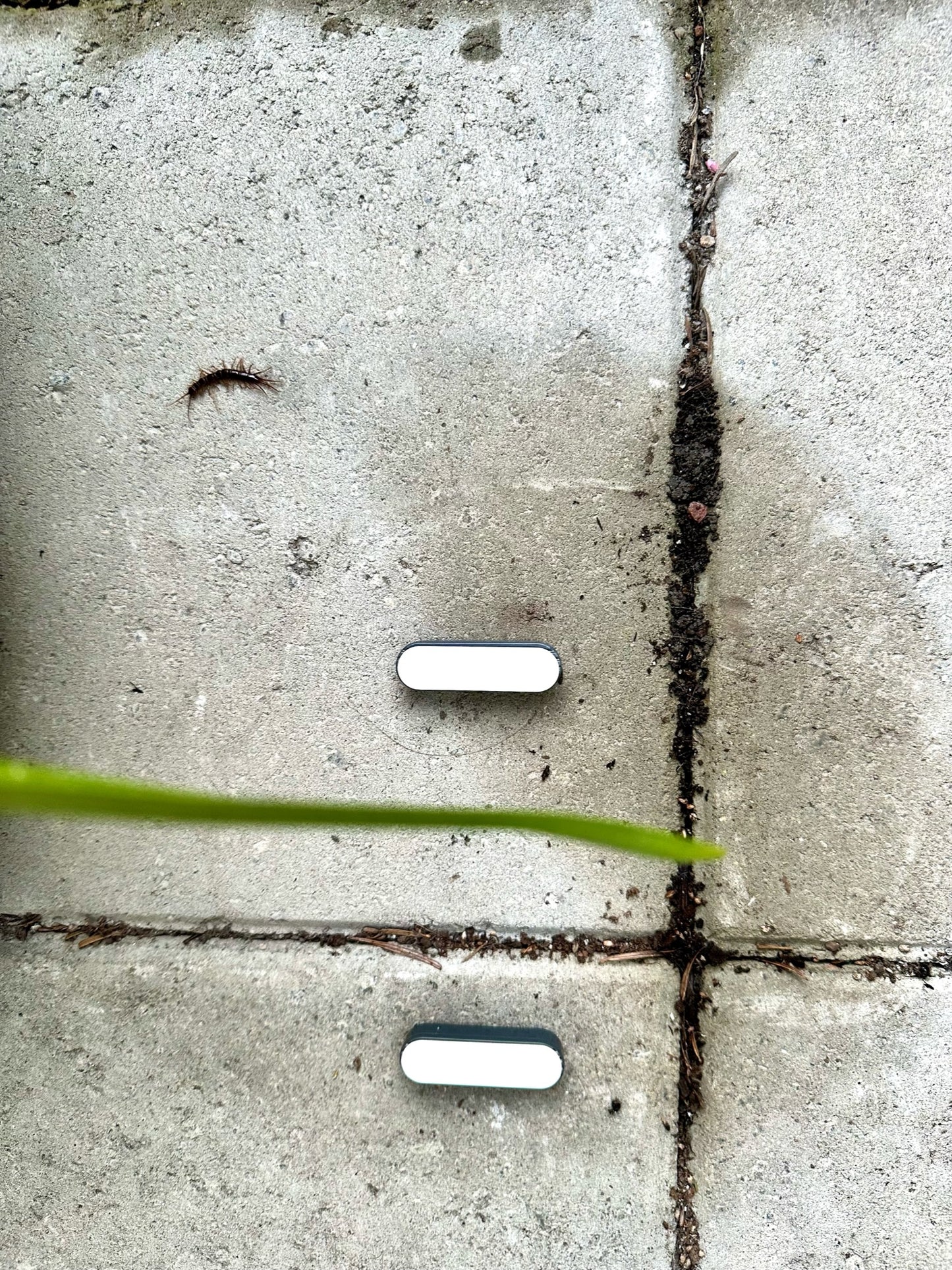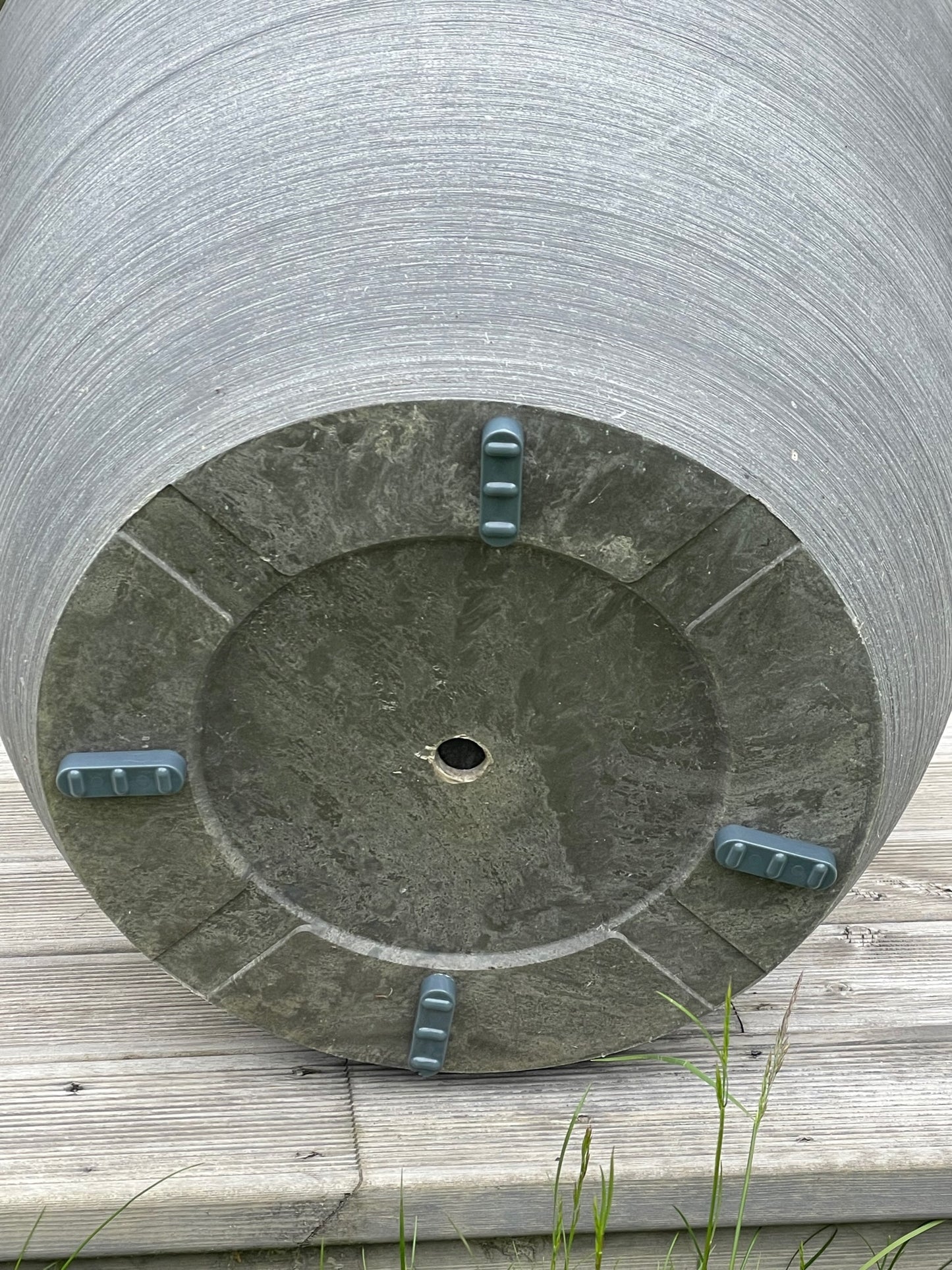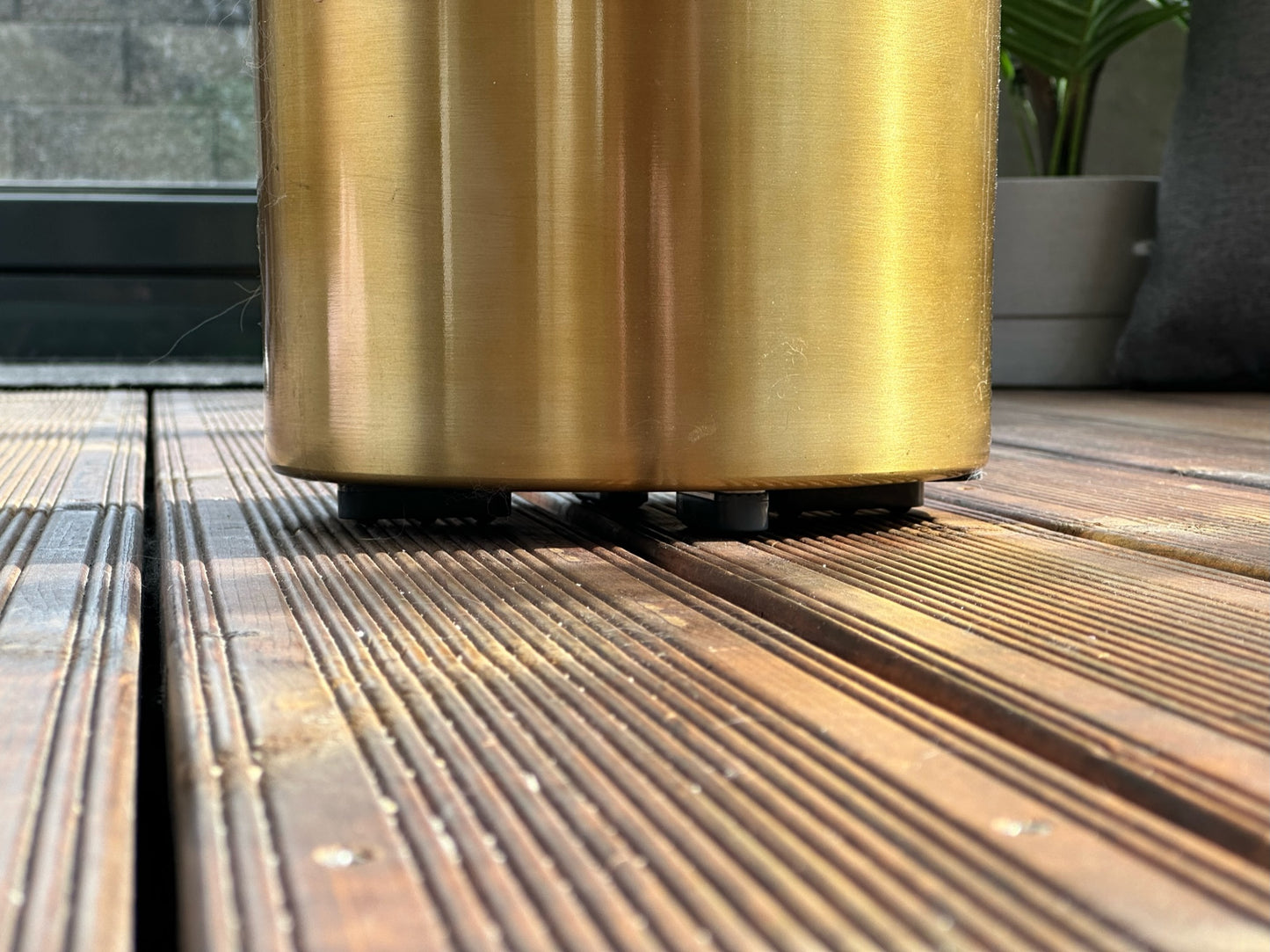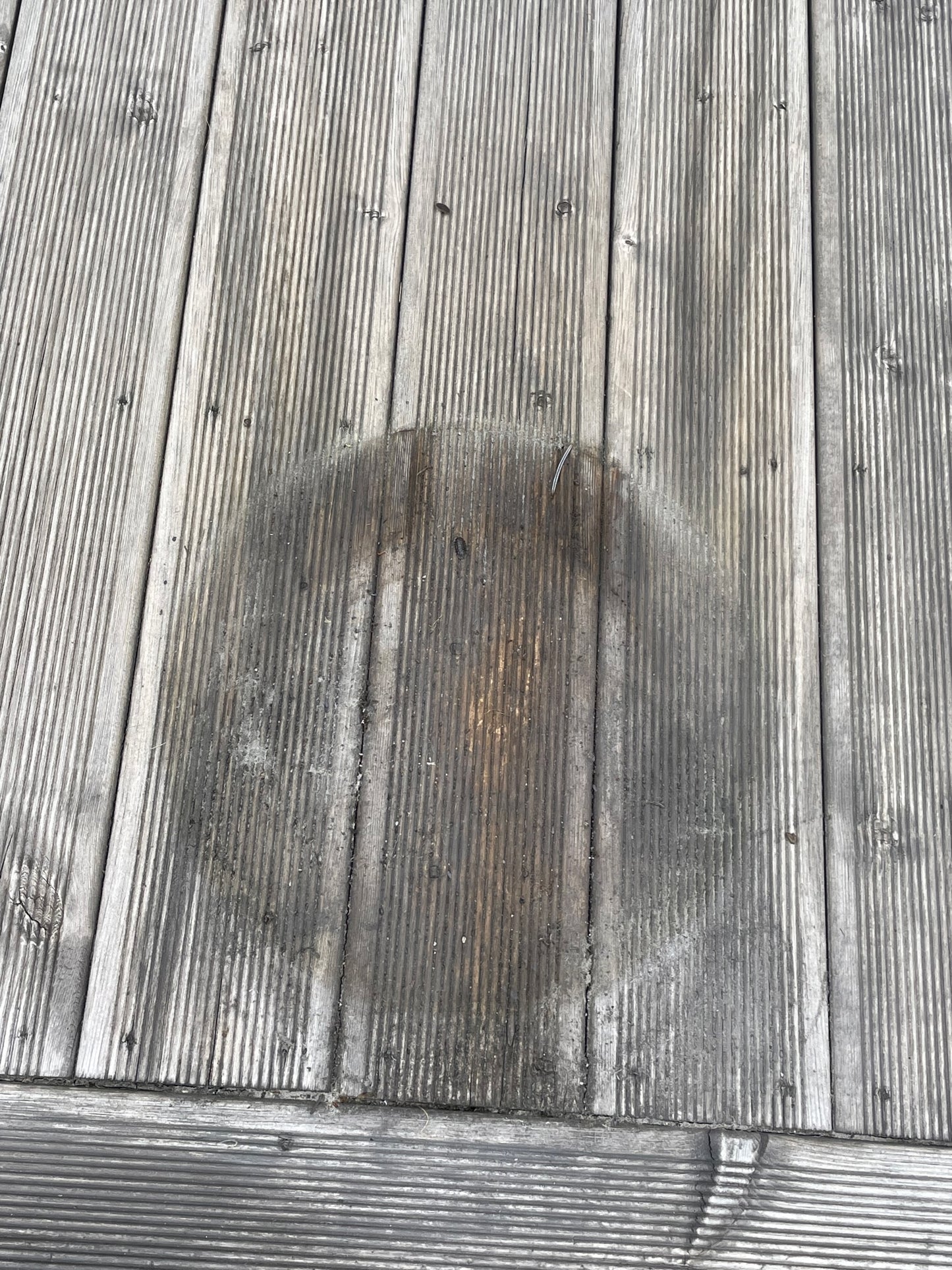Sales and delivery terms
- The Agreement
The agreement consists of these terms and conditions, information provided in the ordering solution, and any separately agreed terms. In the event of any conflict between the information, the separately agreed terms shall take precedence, provided that they do not contravene mandatory legislation.
The agreement shall also be supplemented by relevant legal provisions regulating the purchase of goods between businesses and consumers.
- The Parties
The seller is Lth Eiendom og Handel AS, Amtmann Leths gate 21, 6413 Molde, lth@moldeglasservice.no, tel +4773187319, organization number: 995 618 168, and shall be referred to as the seller in the following.
The buyer is the consumer who places the order and shall be referred to as the buyer in the following.
- Price
The stated price for the goods and services is the total price the buyer shall pay. This price includes all taxes and additional costs. The buyer shall not bear any further costs that the seller has not informed them of before the purchase.
- Conclusion of the Agreement
The agreement is binding on both parties when the buyer has sent their order to the seller.
However, the agreement is not binding if there has been a typographical or data input error in the offer from the seller in the ordering solution in the online store or in the buyer's order, and the other party realized or should have realized that such an error existed.
- Payment
The seller may demand payment for the goods from the time they are dispatched from the seller to the buyer.
If the buyer uses a credit or debit card for payment, the seller may reserve the purchase amount on the card upon ordering. The card will be charged on the day the goods are dispatched.
In the case of payment by invoice, the invoice to the buyer shall be issued upon dispatch of the goods. The payment deadline is stated on the invoice and is a minimum of 14 days from receipt.
Buyers under the age of 18 cannot pay by invoice.
- Delivery
Delivery is considered to have taken place when the buyer, or their representative, has taken possession of the item.
If the delivery time is not specified in the ordering solution, the seller shall deliver the goods to the buyer without undue delay and no later than 30 days after the customer's order. The goods shall be delivered to the buyer unless otherwise agreed between the parties.
- Risk of the Goods
The risk of the goods passes to the buyer when they, or the buyer's representative, have received the goods in accordance with section 6.
h:
- Right of withdrawal
Unless the agreement is exempt from the right of withdrawal, the buyer may withdraw from the purchase of the product in accordance with the Consumer Protection Act.
The buyer must notify the seller of the use of the right of withdrawal within 14 days from the day on which the period begins to run. The period includes all calendar days. If the deadline expires on a Saturday, holiday, or other non-business day, the deadline is extended until the next business day.
The deadline for withdrawal is considered met if the notification is sent before the deadline expires. The buyer has the burden of proving that the right of withdrawal has been exercised, and the notification should therefore be made in writing (withdrawal form, e-mail, or letter).
The withdrawal period begins:
For the purchase of individual items, the withdrawal period will run from the day after the product(s) are received. If a subscription is sold, or if the agreement involves regular delivery of identical items, the deadline runs from the day after the first shipment is received. If the purchase consists of several deliveries, the withdrawal period will run from the day after the last delivery is received. The withdrawal period is extended to 12 months after the expiry of the original deadline if the seller does not disclose the right of withdrawal and standardized withdrawal form before the agreement is entered into. The same applies in case of a lack of information on terms, deadlines, and procedures for exercising the right of withdrawal. If the merchant provides the information during these 12 months, the withdrawal period will expire 14 days after the day the buyer received the information.
When using the right of withdrawal, the product must be returned to the seller without undue delay and no later than 14 days after notification of the exercise of the right of withdrawal has been given. The buyer bears the direct costs of returning the product, unless otherwise agreed or the seller has failed to inform the buyer that the buyer will bear the return costs. The seller cannot charge a fee for the buyer's use of the right of withdrawal.
The buyer may try or test the product in a proper manner to determine its nature, characteristics, and function, without losing the right of withdrawal. If testing or inspection of the product goes beyond what is reasonable and necessary, the buyer may be liable for any reduced value of the product.
The seller is obliged to refund the purchase price to the buyer without undue delay, and no later than 14 days from the day the seller received notification of the buyer's decision to use the right of withdrawal. The seller has the right to withhold the payment until the seller has received the product from the buyer or until the buyer has provided documentation that the product has been returned.
.
- Delay and non-delivery - buyers' rights and deadline for making claims
If the seller does not deliver the product or delivers it too late in accordance with the agreement between the parties, and this is not due to the buyer or circumstances on the buyer's side, the buyer may, in accordance with the rules in chapter 5 of the Consumer Purchases Act, withhold the purchase price, demand fulfillment, cancel the agreement, and/or claim compensation from the seller, depending on the circumstances.
In the event of claims for default, the notification should be in writing for evidential purposes (for example, e-mail).
Fulfillment
The buyer may maintain the purchase and demand fulfillment from the seller. However, the buyer cannot demand fulfillment if there is an obstacle that the seller cannot overcome, or if fulfillment would cause such a significant disadvantage or cost for the seller that it is in significant disproportion to the buyer's interest in the seller's fulfillment. If the difficulties are eliminated within a reasonable time, the buyer can still demand fulfillment.
The buyer forfeits their right to demand performance if they unreasonably delay making the claim.
Termination
If the seller does not deliver the goods at the time of delivery, the buyer shall request the seller to deliver within a reasonable additional period for performance. If the seller does not deliver the goods within the additional period, the buyer may terminate the purchase.
However, the buyer may immediately terminate the purchase if the seller refuses to deliver the goods. The same applies if delivery at the agreed time was crucial for the conclusion of the contract, or if the buyer has notified the seller that the delivery time is crucial.
If the item is delivered after the additional deadline set by the consumer or after the delivery time that was crucial for the conclusion of the contract, a claim for termination must be asserted within a reasonable time after the buyer became aware of the delivery.
Compensation
The buyer may claim compensation for any loss suffered as a result of the delay. However, this does not apply if the seller proves that the delay is due to an obstacle beyond the seller's control that could not reasonably have been taken into account at the time of the agreement, avoided, or overcome the consequences of.
10. Defects in the goods - the buyer's rights and deadline for complaints
If there is a defect in that they must be purchased within a reasonable time after it was discovered or should have been discovered, give the seller notice that he or she will invoke the defect. The buyer has always complained in sufficient time if it happens within 2 months. from the time the defect was discovered or should have been discovered. Complaints can be made no later than one year after the buyer took over the item. If the product or parts of it are intended to last significantly longer than a year, the complaint deadline is five years.
If the item has a defect and this is not due to the buyer or conditions on the buyer's side, the buyer may, in accordance with the rules of the Consumer Purchase Act, chapter 6, withhold the purchase price, choose between rectification and delivery, demand a price reduction, demand the contract terminated and/or demand compensation from the seller.
Complaints to the seller should be made in writing.
Correction or redelivery
The buyer can choose between demanding that the defect be rectified or delivery of similar items. The seller can nevertheless object to the buyer's claim if the implementation of the claim is impossible or causes unreasonable costs to the seller. Correction or redelivery must be made within a reasonable time. The seller is basically not entitled to do more than attempt to remedy the same defect.
Price reduction
The buyer can claim an appropriate price reduction if they are not corrected or re-delivered. This means that the ratio between the reduced and agreed price corresponds to the ratio between the item's value in defective and contractual condition. If special reasons justify it, the price reduction can instead be set as the significance of the defect for the buyer.
Elevation
If the item has not been corrected or re-delivered, the buyer can also buy when the defect is not insignificant.
11. The seller's rights in the event of the buyer's default
If the buyer does not pay or agree to the other obligations or the law, the seller can, in accordance with the rules in the Consumer Purchase Act 9, retain the circumstances, demand the obligations of the agreement, demand the return of the agreement and demand the agreement. claim compensation from the buyer. The seller will also be able, depending on the circumstances, to demand interest for late payment, debt collection fees and a reasonable fee for uncollected goods.
Fulfillment
The seller can maintain the purchase and demand that the buyer pays the purchase price. If the goods have not been delivered, the seller loses his right if he waits an unreasonably long time to make the claim.
Elevation
The seller can have the agreement if there is a significant payment default or other significant default on the part of the buyer. The seller can still not have if the entire purchase price has been paid. If the seller sets a reasonable additional deadline for the contract and the buyer does not pay within this deadline, the seller can buy.
Interest in case of late payment/collection fee
If the buyer does not pay the purchase price in accordance with the agreement, the seller can claim the purchase price from the lessee in accordance with the Late Interest Act. In the event of non-payment, it may be required, after prior notice, to be sent to The buyer may then be held liable for fees according to the Debt Collection Act.
Fee for uncollected, non-prepaid goods
If the buyer fails to pick up unpaid goods, the seller can charge money with a fee. The fee shall at most cover the seller's actual outlay for delivering the goods to the buyer. Such a fee cannot be charged to buyers under the age of 18.
12. Warranty
Warranties given by sellers or manufacturers give buyers rights in addition to those the buyer already has under non-derogable legislation. One thus guarantees no restrictions on the buyer's right to complaints and claims in the event of delay or defects according to points 9 and 10.
13. Personal data
The controller for collected personal data is the seller. Unless the buyer agrees otherwise, the seller, in line with the Personal Data Act, can only obtain and store personal information that is necessary for the seller to be able to carry out the obligations under the agreement. The buyer's information will only be disclosed to others if it is for the seller to have the personal agreement with the buyer carried out, or in statutory cases.
14. Conflict resolution
Complaints must be addressed to the seller within a reasonable time, cf. points 9 and 10. The parties must try to resolve any disputes amicably. If this is not successful, the buyer can contact the Norwegian Consumer Protection Authority for mediation. Forbrukertilsynet is available on phone 23 400 600 or www.forbrukertilsynet.no.
The European Commission's complaints portal can also be used if you wish to lodge a complaint. It is particularly relevant if you are a consumer living in another EU country. The complaint is filed here: http://ec.europa.eu/odr.
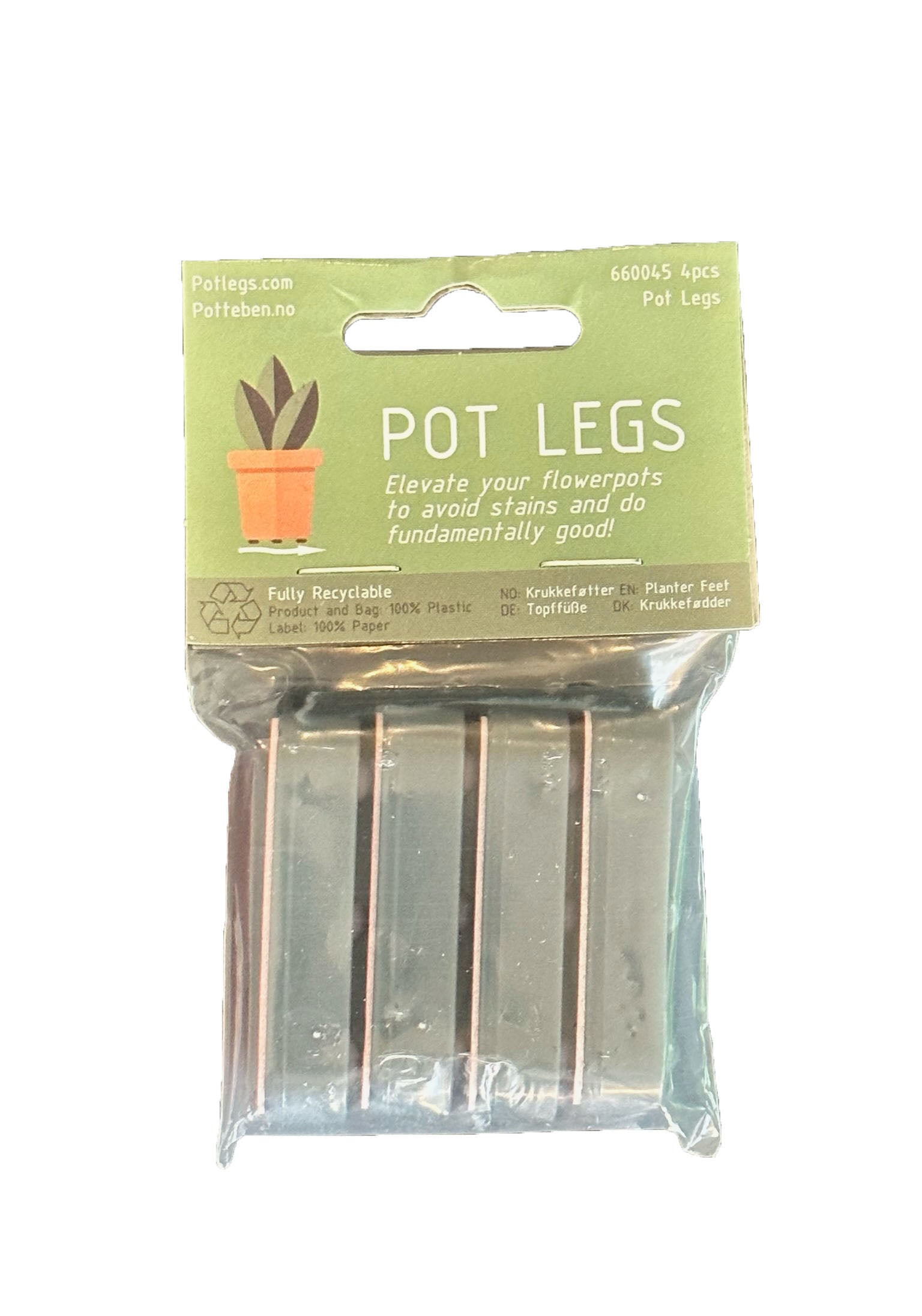
Potteben
Pot Legs 4 pcs
